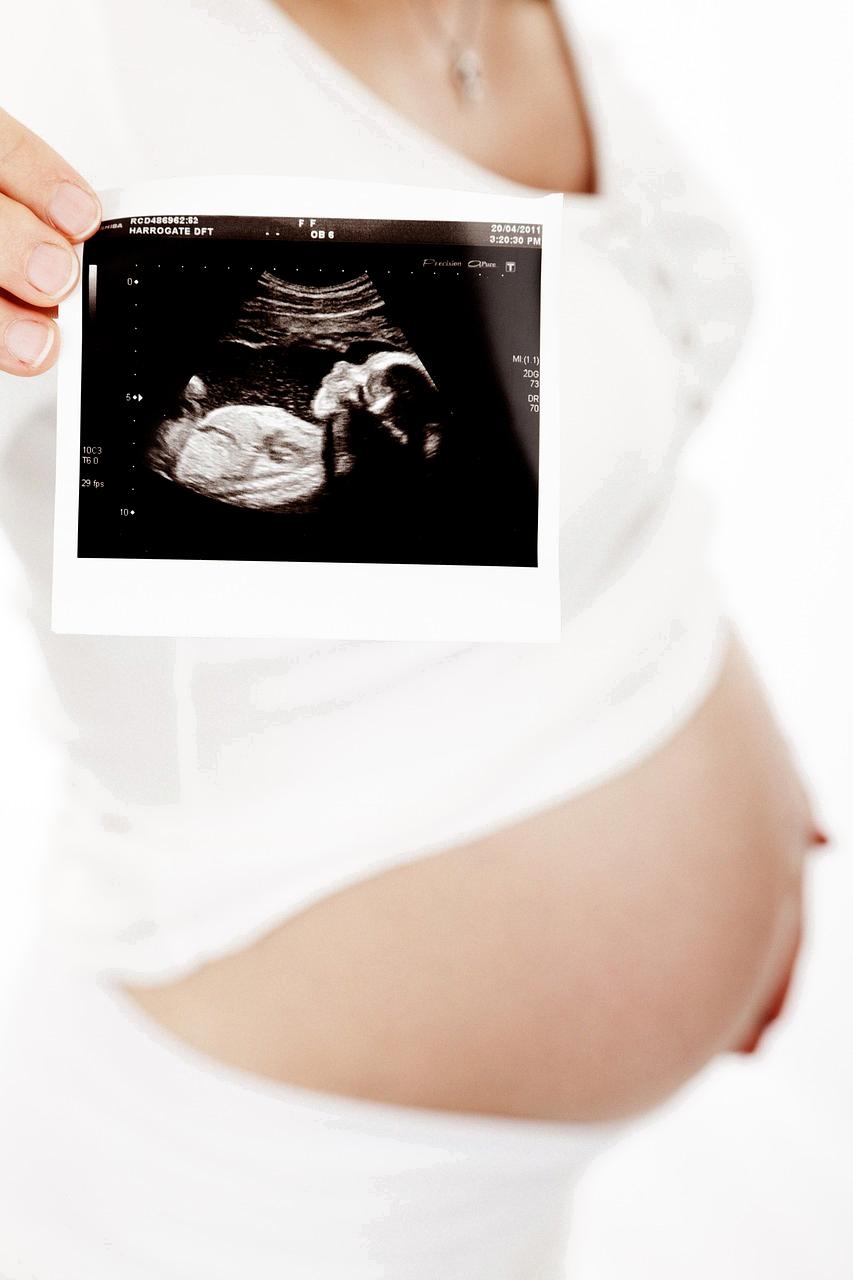When it comes to choosing the right type of tea during pregnancy, it’s essential to be mindful of the ingredients and their potential effects on both the mother and the baby-to-be. While some teas are considered safe and beneficial during pregnancy, others may pose risks due to their caffeine content or specific herbal ingredients. Let’s delve into some of the top tea options that are generally regarded as safe and even beneficial for pregnant individuals.
Rooibos Tea: A Pregnancy-Friendly Option
Rooibos tea stands out as a popular choice for pregnant individuals due to its caffeine-free nature and rich antioxidant content. The absence of caffeine makes it a safe option for those looking to reduce their caffeine intake during pregnancy. Additionally, the antioxidants present in rooibos tea can help combat oxidative stress and promote overall well-being for both the mother and the developing baby.
Ginger and Peppermint Tea: Ally Against Morning Sickness
Many pregnant individuals experience morning sickness during the early stages of pregnancy. Ginger and peppermint tea are known for their soothing properties and are often used to alleviate nausea and vomiting associated with morning sickness. These teas can provide relief and comfort, making them valuable allies for pregnant individuals dealing with these symptoms.
Chamomile Tea: A Calming Cup for Better Sleep
For pregnant individuals struggling with insomnia or difficulty falling asleep, chamomile tea can be a comforting bedtime beverage. Known for its calming effects, chamomile tea can help promote relaxation and aid in achieving a restful night’s sleep. By incorporating chamomile tea into their nighttime routine, pregnant individuals may benefit from improved sleep quality.
Red Raspberry Leaf Tea: Facilitating Labor
Red raspberry leaf tea is hailed for its potential to shorten labor duration by encouraging more efficient contractions. While it is recommended to consume this tea in moderation and after the first trimester, some pregnant individuals turn to red raspberry leaf tea as they near their due date to support a smoother labor process. As with any herbal remedy during pregnancy, it’s advised to consult with a healthcare provider before incorporating red raspberry leaf tea into one’s routine.
Avoiding Certain Teas During Pregnancy
While there are several teas that are considered safe and beneficial for pregnant individuals, it’s crucial to steer clear of certain types of tea that may pose risks during pregnancy. Teas containing high levels of caffeine, such as black tea and green tea, should be consumed in moderation or avoided altogether due to their stimulant properties. Additionally, herbal teas with potent ingredients, such as licorice root tea or certain detox teas, should be approached with caution and only consumed after consulting with a healthcare provider.
Consulting With Your Healthcare Provider
Ultimately, when it comes to choosing the right tea during pregnancy, it’s paramount to consult with your healthcare provider for personalized guidance and recommendations. While some teas are generally regarded as safe for most pregnant individuals, individual health conditions and sensitivities may warrant a tailored approach to tea consumption during pregnancy. By discussing your tea choices with your healthcare provider, you can ensure that you are making informed decisions that prioritize your well-being and that of your baby.

